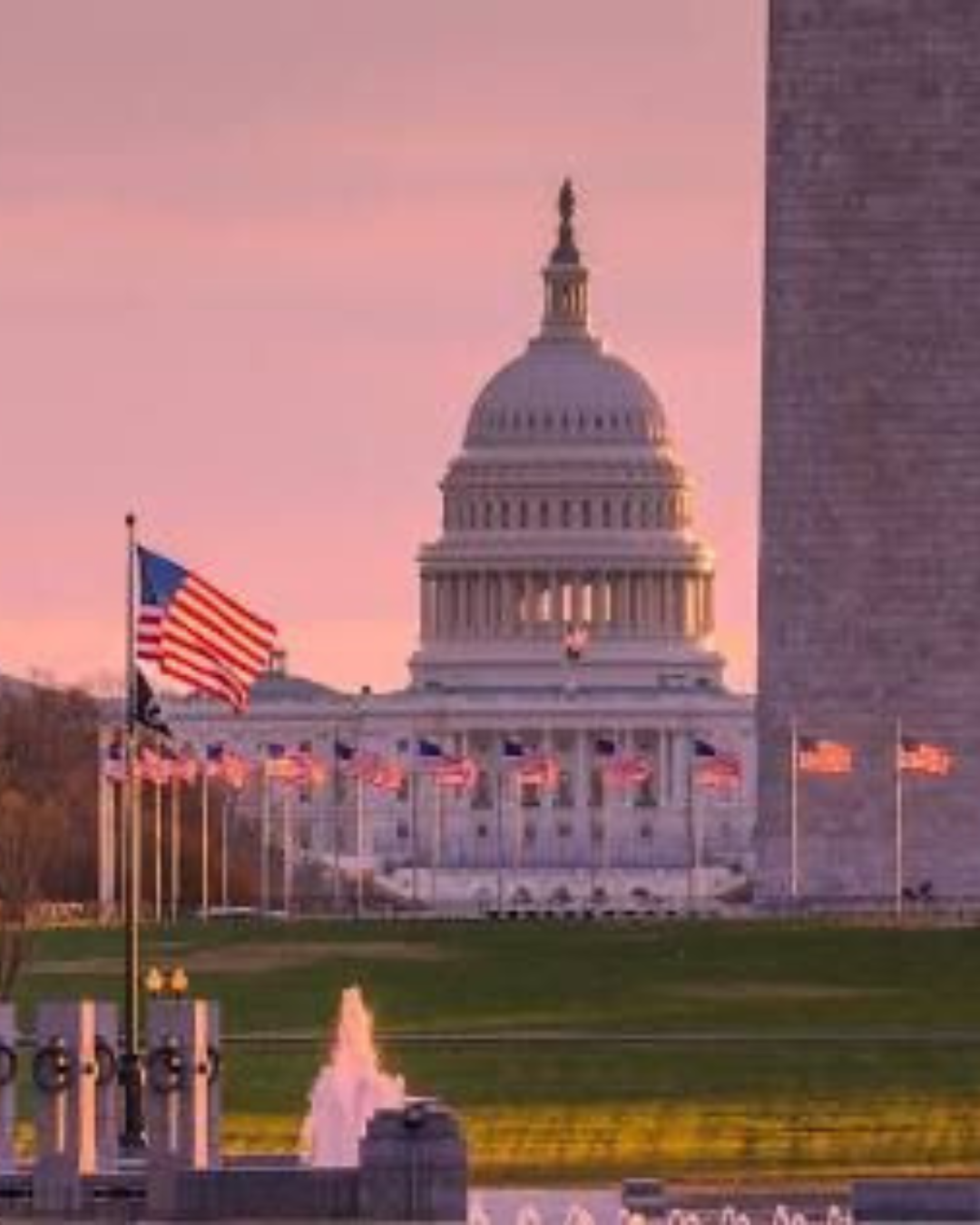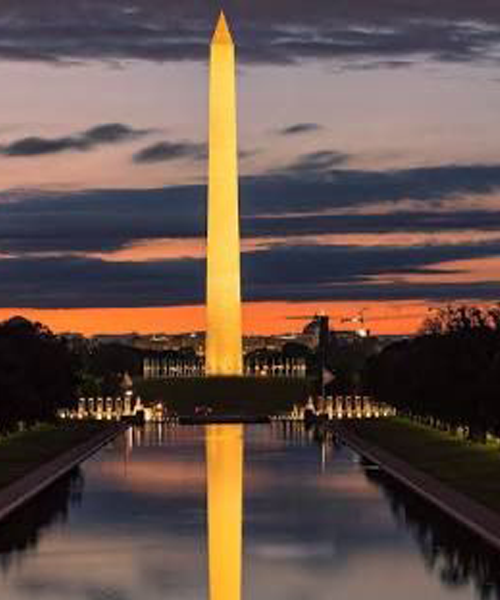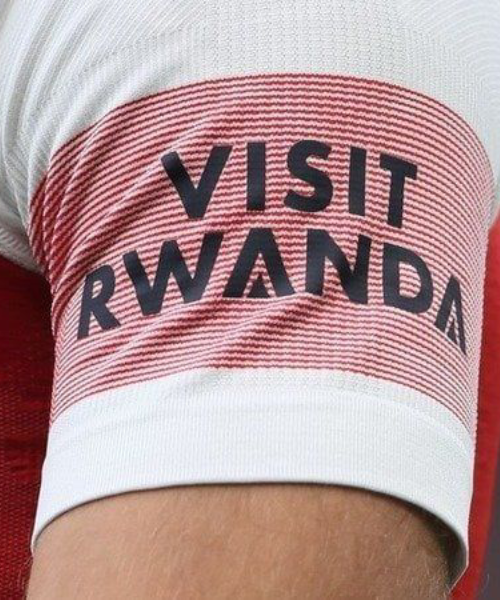South Sudanese President Salva Kiir is walking a delicate tightrope as the war in neighbouring Sudan spills over his country’s borders. While paramilitary groups, notably the Rapid Support Forces (RSF), are exploiting South Sudan’s porous frontiers to establish logistical routes, Juba must tread carefully to avoid endangering its vital oil exports that transit through Port Sudan.
Paramilitaries Exploit South Sudan’s Generosity Since the outbreak of the conflict between the Sudanese Armed Forces (SAF) and the RSF in April 2023, the fighting has edged closer to South Sudan. Border regions such as Raja County in Western Bahr el Ghazal and parts of Upper Nile have reported incursions by RSF fighters. Local officials accuse the paramilitaries of using South Sudanese territory to transport fuel and other supplies into Darfur.
For Juba, the dilemma is stark. Blocking these movements risks humanitarian backlash, as thousands of Sudanese refugees continue to stream across the border. Allowing them, however, fuels suspicion that South Sudan is being used as a rear base for one of Sudan’s warring factions.
Oil Exports: The Fragile Lifeline ,The stakes are particularly high because South Sudan’s economy depends almost entirely on oil exports. More than 90% of government revenue comes from crude production, all of which flows northward through Sudanese pipelines to Port Sudan on the Red Sea.
That dependence has already proved costly. In March 2024, Sudan declared force majeure on the pipeline after damage and security threats disrupted operations, causing heavy losses for Juba. Although exports resumed early this year under new arrangements, insecurity along the route remains a constant threat.
For Kiir, maintaining cordial relations with Khartoum is essential. Any deterioration could result in new stoppages or higher transit fees, plunging South Sudan into economic turmoil.
Caution and Strategy ,South Sudanese authorities have publicly denied supporting the RSF, reiterating that the country will not allow its territory to be used as a staging ground for foreign conflicts. Yet the practical challenge of policing long, porous borders remains daunting.
At the same time, Kiir’s government has stepped up negotiations with Sudanese officials, seeking guarantees for the protection of oil infrastructure. Diplomatic efforts have also been launched through IGAD and the African Union to underline Juba’s neutrality.
A Tightrope Walk ,Analysts say Kiir faces a dual challenge: preserving South Sudan’s sovereignty while safeguarding its economic lifeline. Any misstep—either by appearing too soft on RSF activity or by antagonizing Sudanese authorities—could have grave consequences.
As South Sudan hosts displaced Sudanese families and navigates the complex politics of its northern neighbour’s war, President Kiir’s balancing act will likely define the stability of his own fragile nation in the months ahead.











